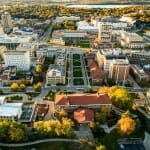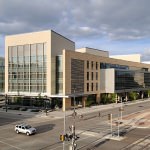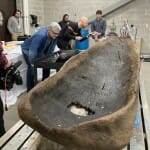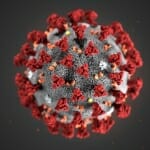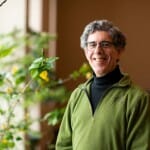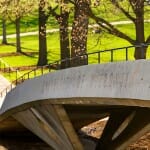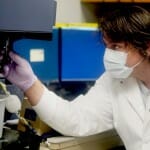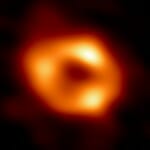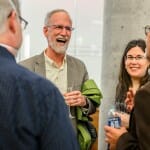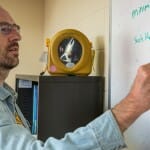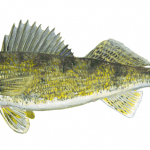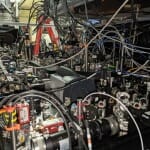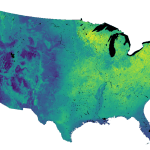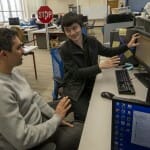Tag Research
Latest round of Research Forward supports cross-campus collaborations and diversity
The projects range from probing the origins of the universe, to examining the negative effects of poverty on adolescent academic success, to developing a new type of anti-tumor vaccine that can be used to treat cancer. Read More
3D scan will reveal the stories hidden within 1,200-year-old Wisconsin canoe
Lennon Rodgers of the College of Engineering performed the scan on the 15-foot dugout canoe recovered in 2021 from the waters of Lake Mendota, part of the ancestral home of the Ho-Chunk Nation. Read More
Faculty receive WARF Named Professorships, Kellett Fellowships, and Romnes Awards
Thirty-two members of the UW–Madison faculty have been awarded fellowships from the Office of the Vice Chancellor for Research and Graduate Education, spanning the arts and humanities, physical sciences, social sciences and biological sciences. Read More
The search for how life on Earth transformed from simple to complex
A new NASA collaboration of astrobiology researchers co-led by a UW–Madison professor will spend the next five years dedicating their efforts to understanding how life evolved on earth, and how it possibly could evolve on other worlds. Read More
Madison-based computing power makes it possible to see our black hole for the first time
A team of scientists and the National Science Foundation shared images of Sagittarius A*, the black hole at the center of the Milky Way galaxy. Read More
UW mourns an important mathematician and beloved mentor
Georgia Benkart, emeritus professor of mathematics, died unexpectedly on April 29. “Each of her papers was a polished gem,” a colleague says of Benkart. Among many professional distinctions, she served as president of the Association for Women in Mathematics in 2009–11. Read More
Drone-delivered defibrillators could save lives
The new research details the framework for designing a network of AED-outfitted, autonomous flying drones, which could allow the life-saving devices to more quickly reach people experiencing cardiac arrest. Read More
Shifting food choices reducing climate impact of American diet
Lower consumption of beef, dairy, chicken, pork, and eggs accounted for more than 75% of the observed diet-related carbon dioxide savings during the study period. Read More
UW–Madison, industry partners run quantum algorithm on neutral atom quantum computer for the first time
The achievement suggests quantum computers that outcompete traditional ones are on the horizon, with potential uses in logistics, drug discovery and computational modeling. Read More
Nationwide maps of bird species can help protect biodiversity
The high-resolution maps can help conservation managers focus their efforts where they are most likely to help birds — in individual counties or forests, rather than across whole states or regions. Read More
Space telescope ‘a little like a time machine’
Assistant professor Michael Maseda was one of many who contributed to development of the James Webb Space Telescope. He looks forward to using the instrument to take “baby pictures of galaxies” — potentially looking as far back into the history of the universe as the Big Bang itself. Read More
You’re muted — or are you? Videoconferencing apps may listen even when mic is off
Not only did researchers find that the apps gather audio data while "mute" is activated; they could identify activities picked up when microphones weren't believed to be on, such as eating, playing music, typing and cleaning. Read More

